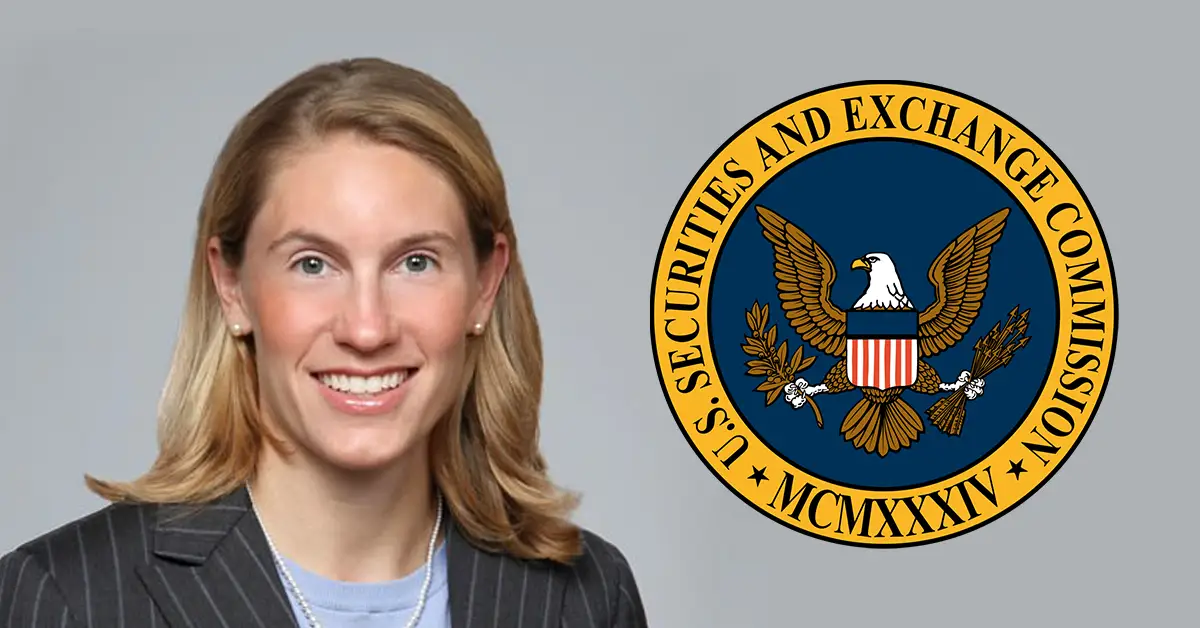
The U.S. Securities and Exchange Commission (SEC) is poised for potential changes as Caroline Crenshaw, a commissioner since 2020, faces renomination. While President Biden supports her continuation, there is significant opposition, especially from the crypto industry. Let’s delve into the reasons behind the crypto sector’s resistance to Crenshaw’s renomination and what it could mean for the future of crypto regulation.
A Term Extension That Sparks Controversy
Should Caroline Crenshaw be confirmed, her new term would extend until June 2029. Originally appointed by President Trump, Crenshaw has built a reputation for her strong stance on cryptocurrency regulation. She has described the crypto market as a “petri dish of fraudulent conduct,” a view that aligns with SEC Chairman Gary Gensler’s rigorous regulatory approach.
Such views have inevitably drawn criticism from the crypto community. A notable point of contention is her opposition to approving Bitcoin spot ETFs—a move eagerly anticipated by many in the crypto industry. This stance has triggered extensive lobbying efforts aimed at blocking her renomination.
Crypto Industry Hits Back Hard
The crypto sector’s opposition has been anything but subtle. Influential figures in the industry have taken to social media platforms to voice their disapproval of Crenshaw. For instance, Coinbase CEO Brian Armstrong has publicly labeled her a “failure,” underscoring the high stakes involved. Beyond social media, organizations such as the Cedar Innovation Foundation and various crypto trade associations have launched advertising campaigns to influence public perception and have dispatched letters to lawmakers urging them to reject Crenshaw’s renomination.
The impact of these efforts is further amplified by the “Stand with Crypto” ratings, which evaluate political support for pro-crypto legislation. Senators may find themselves in a precarious position, as a vote against the industry’s interests could have electoral repercussions. Crypto political action committees (PACs), like Fairshake, have already invested significantly in supporting candidates who align with their views.
What’s Next?
The pressing question is whether the crypto industry’s concerted efforts will succeed in preventing Crenshaw’s renomination. If the Democratic members of the Senate Banking Committee remain united, her renomination seems likely to proceed. However, the matter extends beyond the committee. Senate Majority Leader Chuck Schumer faces the challenge of prioritizing this vote amidst a crowded legislative schedule that includes government funding, defense bills, and judicial nominations.
The crypto industry’s vigorous campaign against Crenshaw could potentially reshape the regulatory landscape. Regardless of the outcome, this struggle underscores the growing influence of the crypto market within Washington’s political arena. As the debate continues, the future of crypto regulation remains a pivotal issue.






